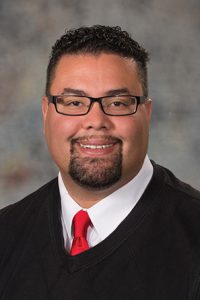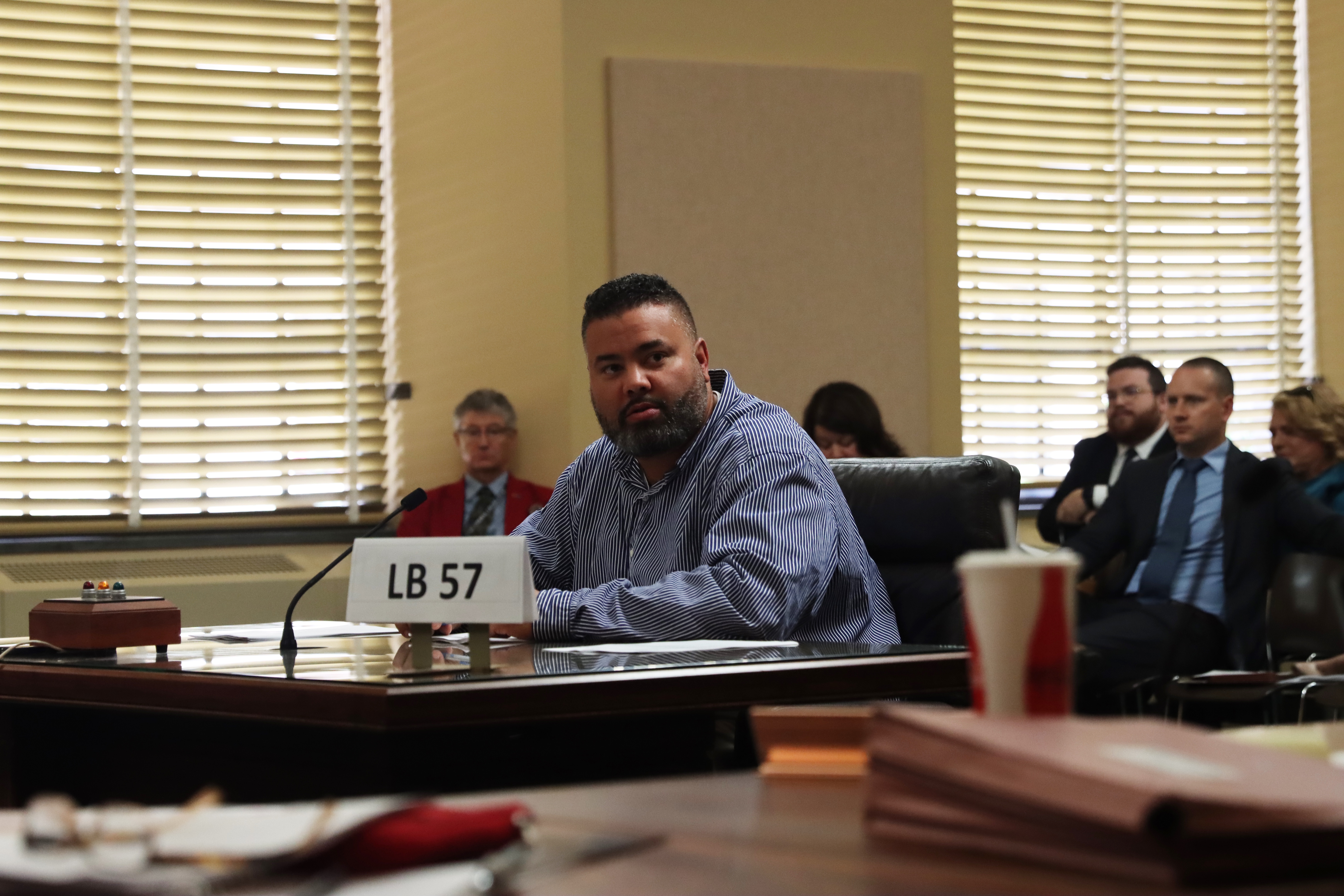Measure would allow punitive damages in civil cases
An attempt to revive and expand a proposal that was vetoed by Gov. Jim Pillen days after the end of the 2024 legislative session was considered Aug. 2 by the Judiciary Committee.

A proposal sponsored by Omaha Sen. Justin Wayne and passed by lawmakers during the last regular session would have allowed political subdivisions to be sued for harm caused to a child by sexual or other abuse under certain circumstances.
The measure subsequently was vetoed by the governor and senators did not have an opportunity to attempt to override that action.
LB57, sponsored by Wayne, also would allow civil claims involving child sexual abuse or death under the Political Subdivisions Tort Claims Act. Claims could be filed if the harm done is a “proximate result” of a political subdivision’s failure to exercise reasonable control over an employee or failure to protect a person in their care, custody or control from harm by a non-employee.
LB57 also would allow Nebraska judges to order parties to pay punitive damages in civil cases. The bill includes three categories of such damages, with different award limits based on the severity and intent of the defendant’s actions.
Wayne said political subdivisions have nothing to fear from the measure if they are protecting children. If they’re not, he said, punitive damages should be available to victims.
“I have a daughter … and if the state, political subdivision, school [or] county fails to protect my kid, you’re telling me I can’t even get an attempt to get into court? And we’re ok with that? I don’t believe any of us are,” Wayne said.
Loree Woods, whose daughter with special needs was sexually assaulted while attending an LPS school program, testified in favor of the proposal. Schools and other government entities have a duty to care for children above everything else, she said, calling the governor’s veto of the previous measure “unconscionable.”
Spike Eickholt, testifying on behalf of the Education Rights Council and Voices for Children in Nebraska, spoke in favor of the portion of the bill that would expand tort claims against political subdivisions in certain circumstances. He said the bill is narrowly tailored to cases in which political subdivisions violate their duty to protect vulnerable individuals.
Bo Botelho, chief legal officer for the state Department of Health and Human Services, opposed that same portion of LB57. He said weakening the state’s sovereign immunity and opening political subdivisions up to lawsuits based on the acts of third parties would unfairly burden all Nebraskans.
“Sovereign immunity is a fundamental protection for Nebraska taxpayers and is essential to the operation of government,” Botelho said.
Lincoln attorney Bob Lannin testified in opposition to the portion of the bill regarding punitive damages. The Nebraska Supreme Court has said that punitive damages in civil cases violate the state constitution, he said, and an attempt by the Legislature to allow such damages would result in a “hornet’s nest of litigation” regarding the constitutionality of the proposal.
The committee took no immediate action on LB57.


